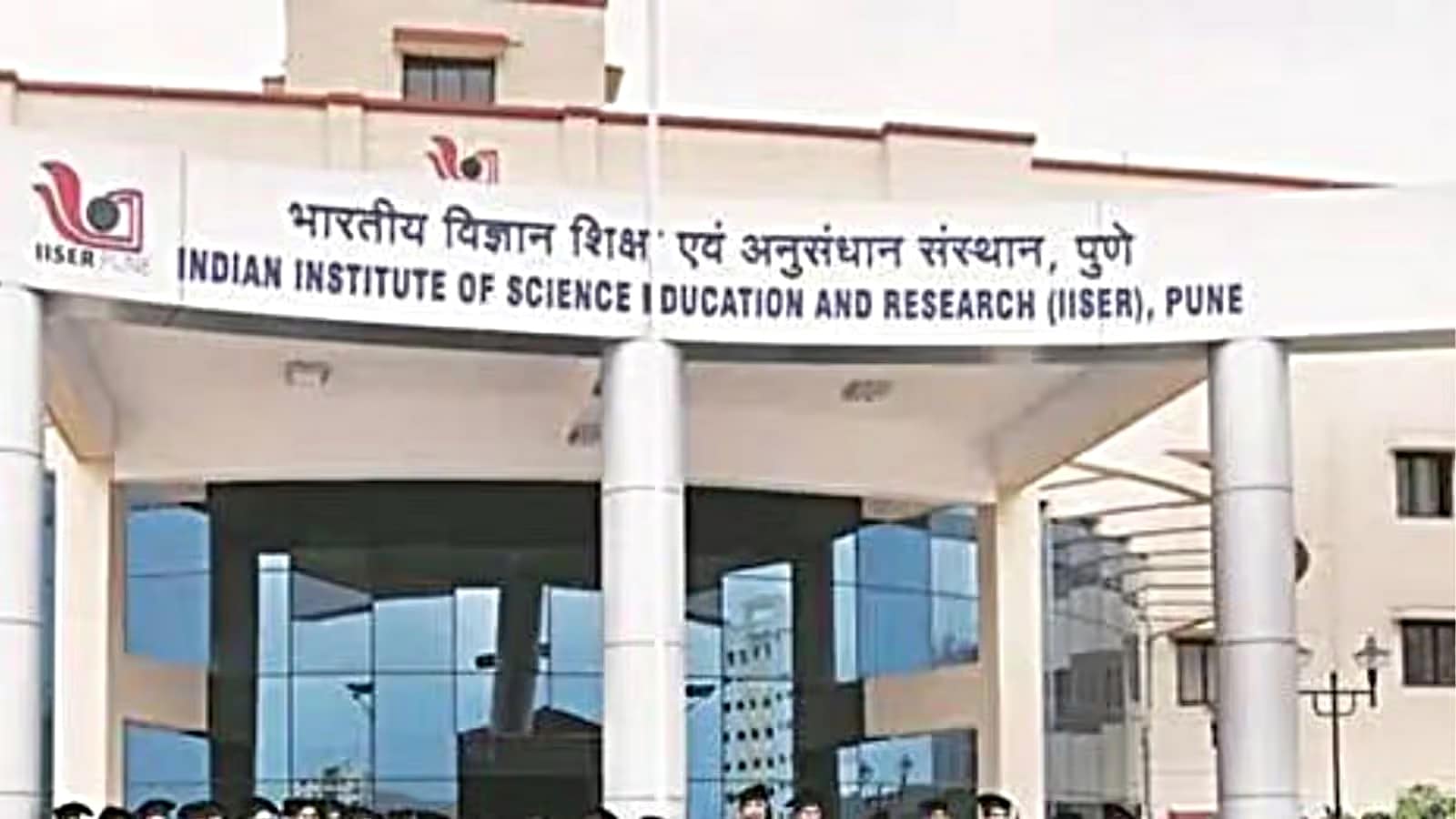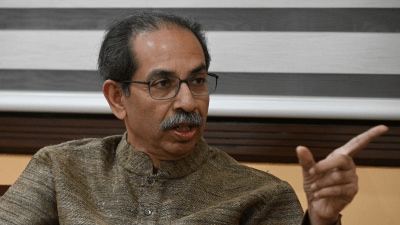Click here to join Express Pune WhatsApp channel and get a curated list of our stories
Startups supported by Pune IISER’s I-Hub unveil new developments in quantum technologies
The quantum processor and the quantum key distribution network mark a significant milestone for India, according to IISER, Pune.
 IISER was chosen as the host institution for I-HUB QTF by the Central Government’s Department of Science and Technology (DST) under the aegis of the National Mission for Interdisciplinary Cyber Physical Systems. (Source: File)
IISER was chosen as the host institution for I-HUB QTF by the Central Government’s Department of Science and Technology (DST) under the aegis of the National Mission for Interdisciplinary Cyber Physical Systems. (Source: File)Two important quantum technology-related developments–one on a quantum processor and the other on a quantum key distribution network–were announced on the sidelines of the Emerging Science Technology and Innovation Conclave (ESTIC 2025) held in New Delhi last week. Two Bengaluru-based startups involved in developing these technologies received funding from I-Hub Quantum Technology Foundation (QTF), a technology innovation hub hosted at the Indian Institute of Science Education and Research, Pune.
“These developments mark a significant milestone in quantum computing advances and advanced cybersecurity applications for India,” said a statement issued by IISER on Wednesday.
IISER was chosen as the host institution for I-HUB QTF by the Central Government’s Department of Science and Technology (DST) under the aegis of the National Mission for Interdisciplinary Cyber Physical Systems.
“This created an opportunity for supporting our quantum ecosystem with the right expertise coming from the best brains in the country.
We now see the fruits of this strategic decision in the form of quantum products,’’ Professor Sunil Bhagwat, Director of IISER, Pune, said, adding that they were very happy that the quantum hub had contributed to the success of the startups. “It is only through such partnerships that we can accelerate India’s expertise in quantum technologies and preparedness for the future.”
64-qubit quantum processor named Kaveri 64
The startups include QpiAI Pvt Ltd, which launched a 64-qubit quantum processor named Kaveri 64. This is the most powerful quantum processor developed in India. The Kaveri 64 quantum processor chip is scheduled to be available commercially by the third quarter of 2026. Kaveri’s 64-qubit chip is anticipated to enable businesses, research institutions, and government agencies to solve complex problems spanning a broad set of domains such as drug discovery, cryptography,machine learning, and optimisation.
Extensive quantum key distribution network
The other startup, QNu Labs Pvt Ltd, demonstrated India’s extensive quantum key distribution network, spanning over 500 km. This network can be deployed over existing optical fibre infrastructure and has been tested with the help of the Army’s Southern Command on its optical fibre network in the Rajasthan sector. End-to-end quantum key exchange across an effective distance of more than 500 km was successfully enabled in this trial. This demonstration represents a significant milestone in the advancement of quantum-secure communications within India.
In addition, QNu Labs also developed a QSIP (quantum random number generator system in package). The technology provides India with quantum-certified randomness, used in cryptographic algorithms, offering the strongest defense against current cyber threats and future quantum attacks.
Prof Sunil Nair, Project Director of I-HUB QTF, said the development of products in deep technology areas such as quantum technologies required teams of scientists and engineers collaborating effectively in cross-functional areas. “I-HUB QTF is enabling this effort through funding and incubation support for multiple startups,” he said.
According to the statement, these developments contribute directly towards realising the objectives of the National Quantum Mission, which is a DST initiative approved in April 2023 to advance quantum technology in India through scientific and industrial research and development.
With a budget of Rs 6,003.65 crore for 2023–2031, the mission aims to make India a global leader in quantum technologies by developing capabilities in quantum computing, communication, sensing, and materials.
Click here to join Express Pune WhatsApp channel and get a curated list of our stories







